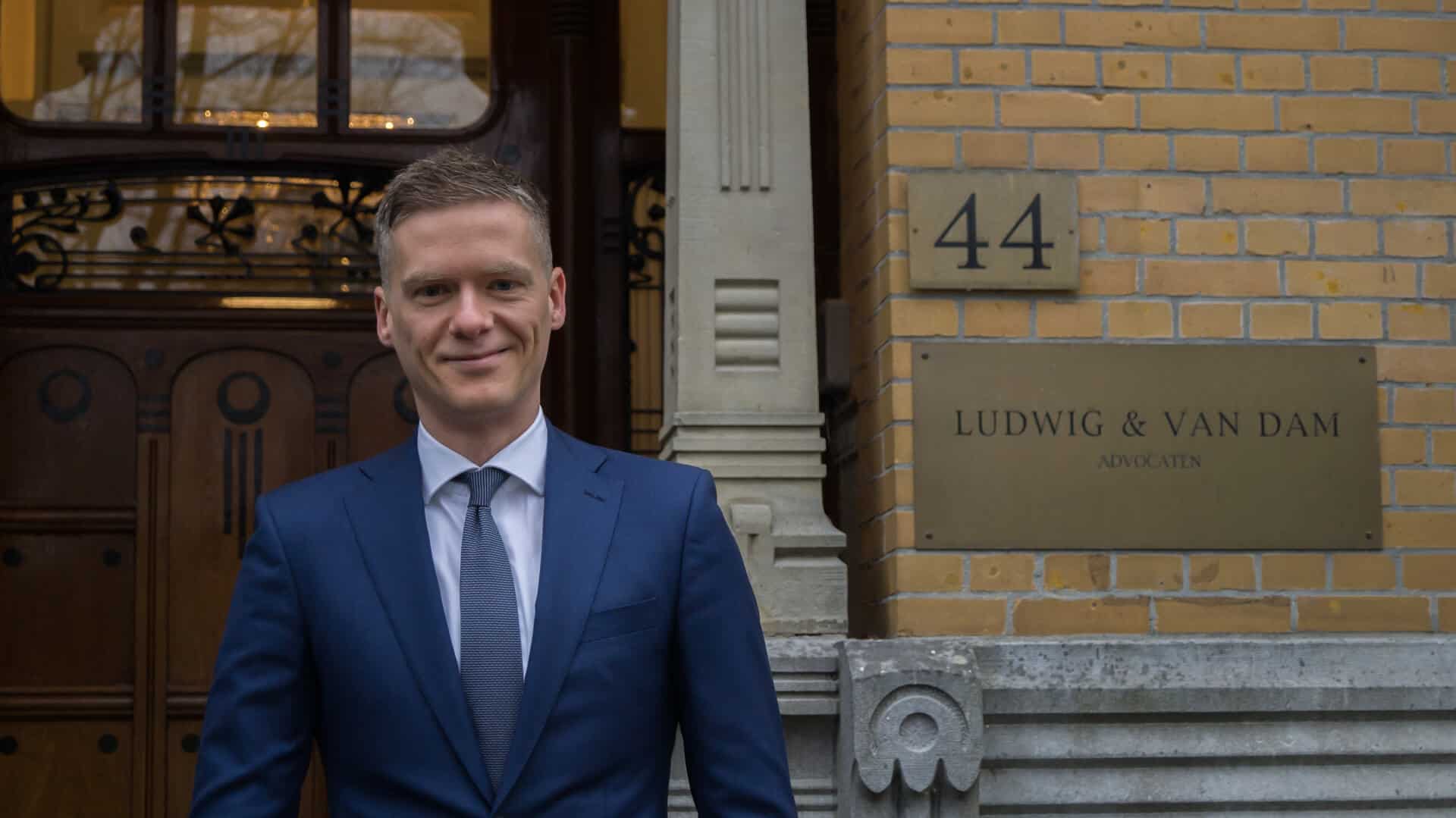Not know-how, but fine decisive for compliance with non-compete clause
From mid-2016, franchisees regularly stated that their (former) franchisor had no interest in compliance with the post-contractual non-compete clause. In June 2016, the Court of Overijssel considered that the franchisor (in this case FBD) had no legally respectable interest in compliance with the post-contractual non-compete clause, due to the fact that FBD had failed to demonstrate that it had passed know-how on to the franchisees. had transferred.
Since then, it has been argued with varying degrees of success by franchisees that no know-how was transferred to them in an attempt to escape the post-contractual non-compete clause. With the introduction of the Franchise Act, the legislator has also ensured that know-how is of decisive importance when testing the post-contractual non-competition clause. Article 7:920 paragraph 2 of the Dutch Civil Code stipulates that such a clause is only valid if it is indispensable to protect the know-how transferred by the franchisor.
Although the law for existing franchise agreements only applies from 1 January 2023, the court (also the Overijssel court, by the way) has early 2021 not prevented from extending its consistent line already introduced in 2016 and, with reference to the Franchise Act, stipulating that the franchisor (in this case 123 Wonen) had no interest in compliance with the post-contractual non-compete clause due to the lack of know-how (transferred to the franchisee).
It is therefore striking that in a recent ruling on a franchise formula for sports shops, the subject of know-how was apparently not part of the party debate at all. Nor does the court (Gelderland) itself devote any consideration to this. Although the franchisee had argued that the franchisor’s interest was lacking, he had put forward other reasons for this (eg because the formula had changed).
The court then expressly considers that the franchisor’s interest in complying with the post-contractual non-compete clause in any event lies in payment of the contractual penalty. A remarkable consideration in my view. After all, the fine only serves as an incentive to comply with the post-contractual non-compete clause. In my opinion, in order to assess whether that penalty can be awarded, the franchisor’s interest in complying with the clause itself must first be assessed.
In short, a special statement that I believe will remain one of the few exceptions to the rule. From 1 January 2023, judges will no longer be able to avoid testing post-contractual non-compete clauses against the Franchise Act. For this reason, know-how can no longer be ignored in similar matters.
It will be interesting to see how judges deal with this requirement in discussions about the validity of a post-contractual non-compete clause. After all, if a franchisee states that there is no know-how, then according to the Franchise Act (see Section 7:911 of the Dutch Civil Code) there could be no question of a franchise formula. In theory, this would mean that the Franchise Act does not apply. As a result, a post-contractual clause does not have to meet the requirements of the Franchise Act and there may therefore be an interest in compliance with a post-contractual non-compete clause without know-how having to be transferred. A special paradox in the law that will undoubtedly give judges headaches.
Ludwig & Van Dam lawyers, franchise legal advice.
Do you want to respond? Then email to albers@ludwigvandam.nl

Other messages
Alex Dolphijn in the Financial Dagblad about the judgment of the Supreme Court regarding Street-One
Franchisors more liable for incorrect forecasts Franchisees can now more easily hold their parent organization liable for incorrect profit and turnover forecasts.
Supermarket letter – 17
Supreme Court: More quickly liable for forecasts
Article in Entrance: “Small print”
“When I do business with a supplier, I never read the fine print. Recently I noticed that there are all kinds of things in it that I actually do not agree with.
Column Franchise+ – mr. Th.R. Ludwig: “Delivery stop by franchisor again not allowed”
Once again, the president in preliminary relief proceedings ruled on the question whether a franchisor's supply stop against the franchisee was permitted, with the franchisee paying a substantial
The manager (employee) who becomes a franchisee – fictitious employment?
On 14 December 2016, the subdistrict court judge of the District Court of Noord-Holland, ECLI:NL:RBNHO:2016:11031 (Employee/Espresso Lounge), considered the situation in which an employee
The Supreme Court sets strict requirements for franchise forecasts
A ruling by the Supreme Court on Friday casts a new light on the provision of profit and turnover forecasts to aspiring franchisees.






